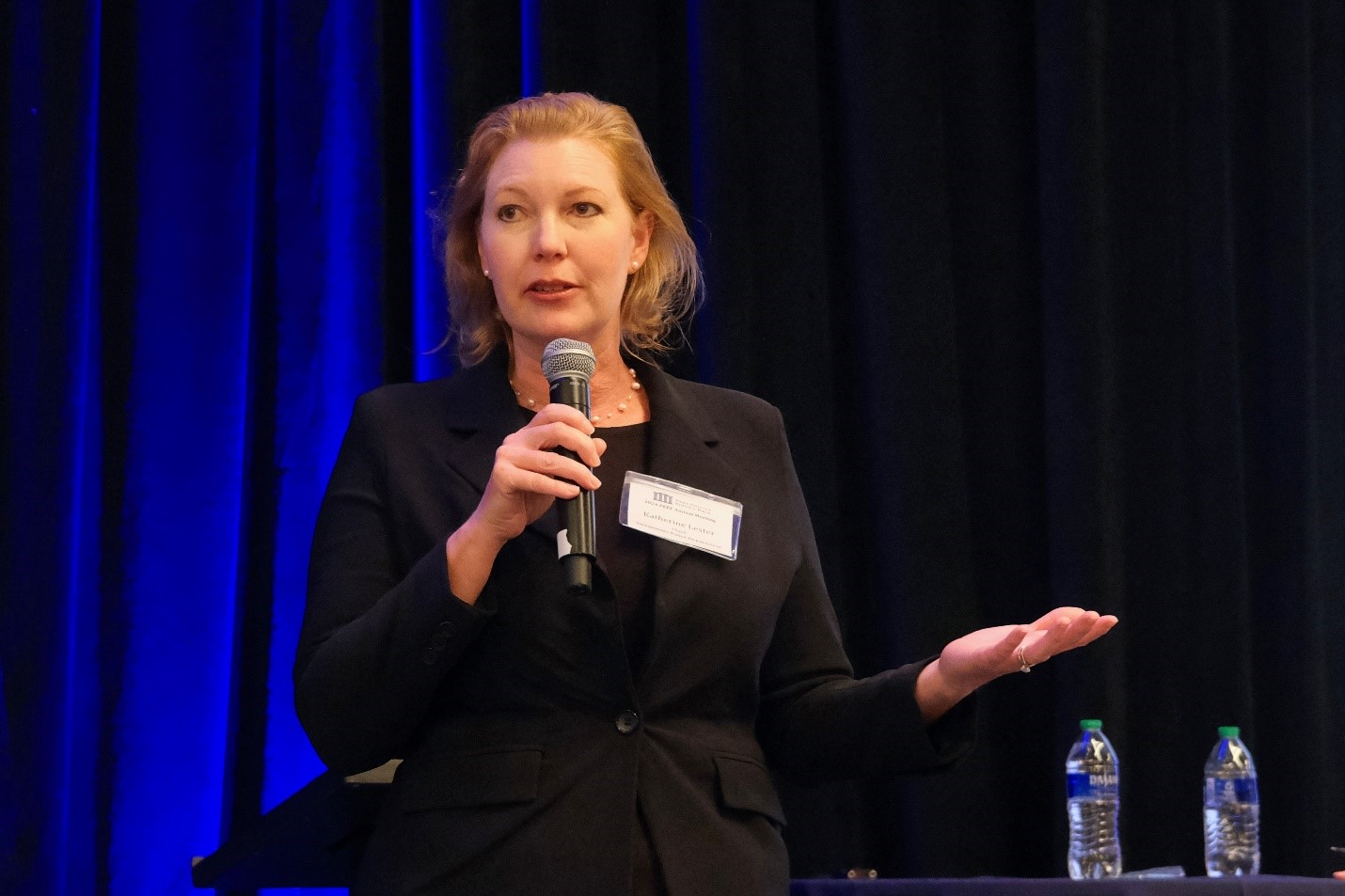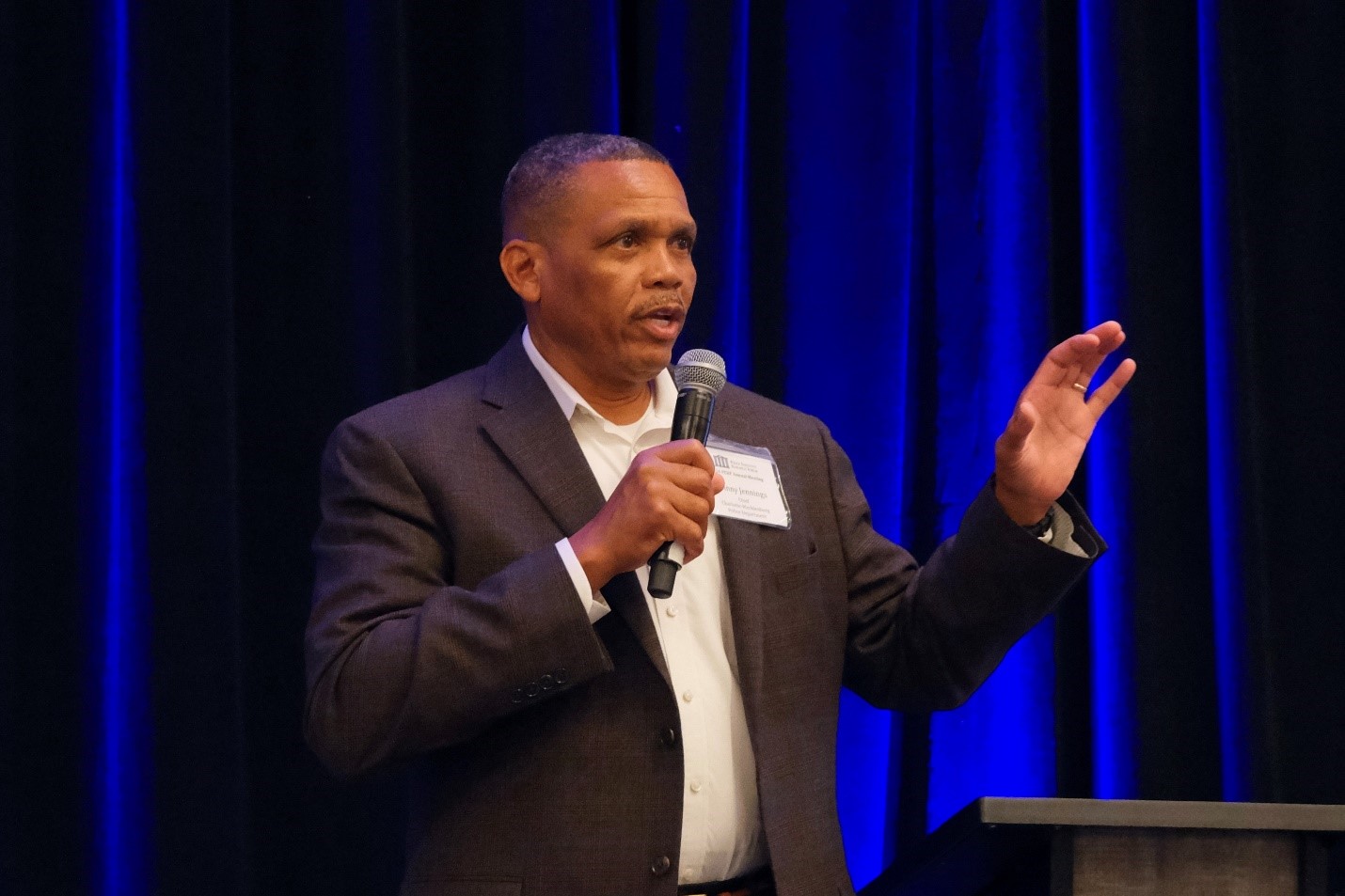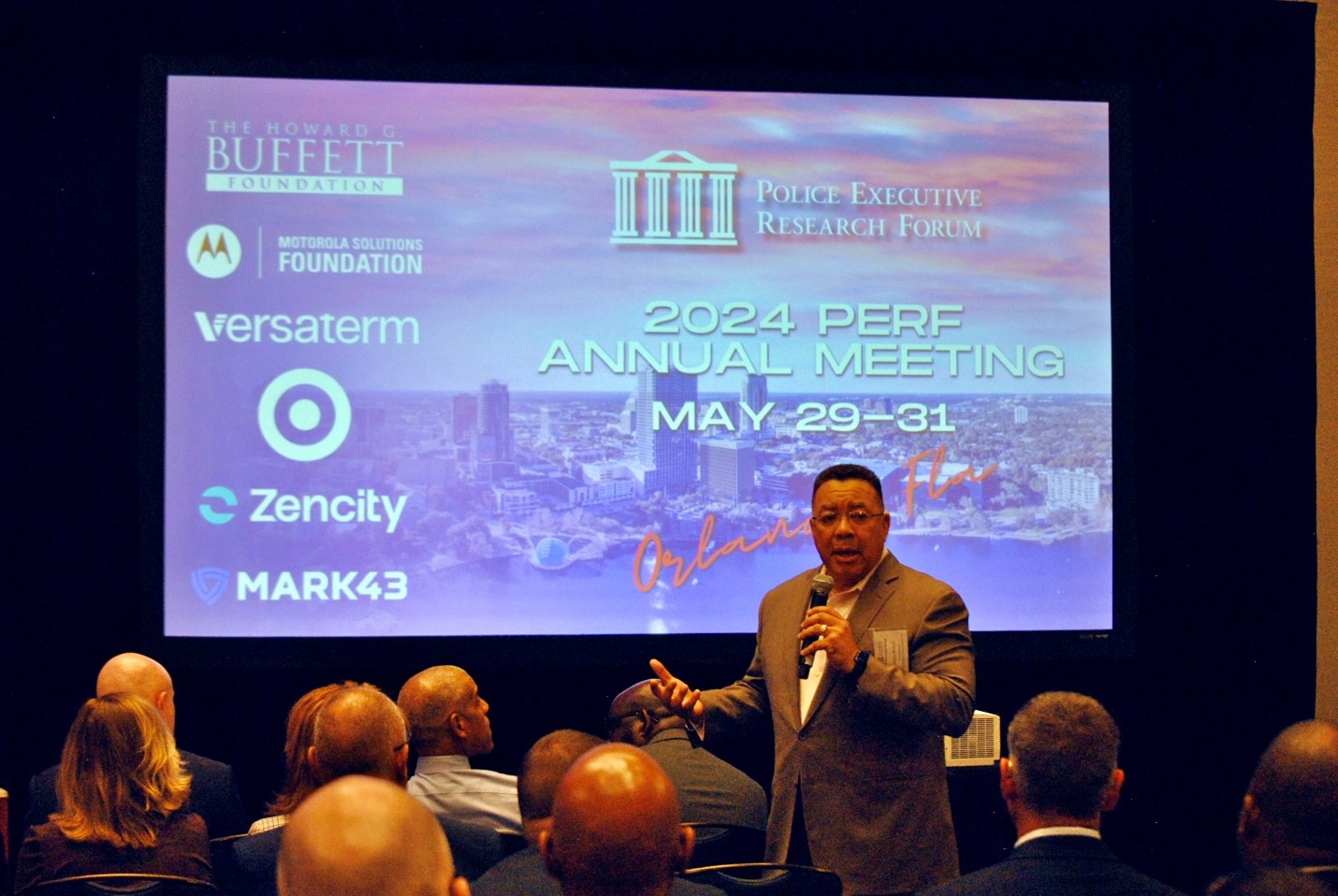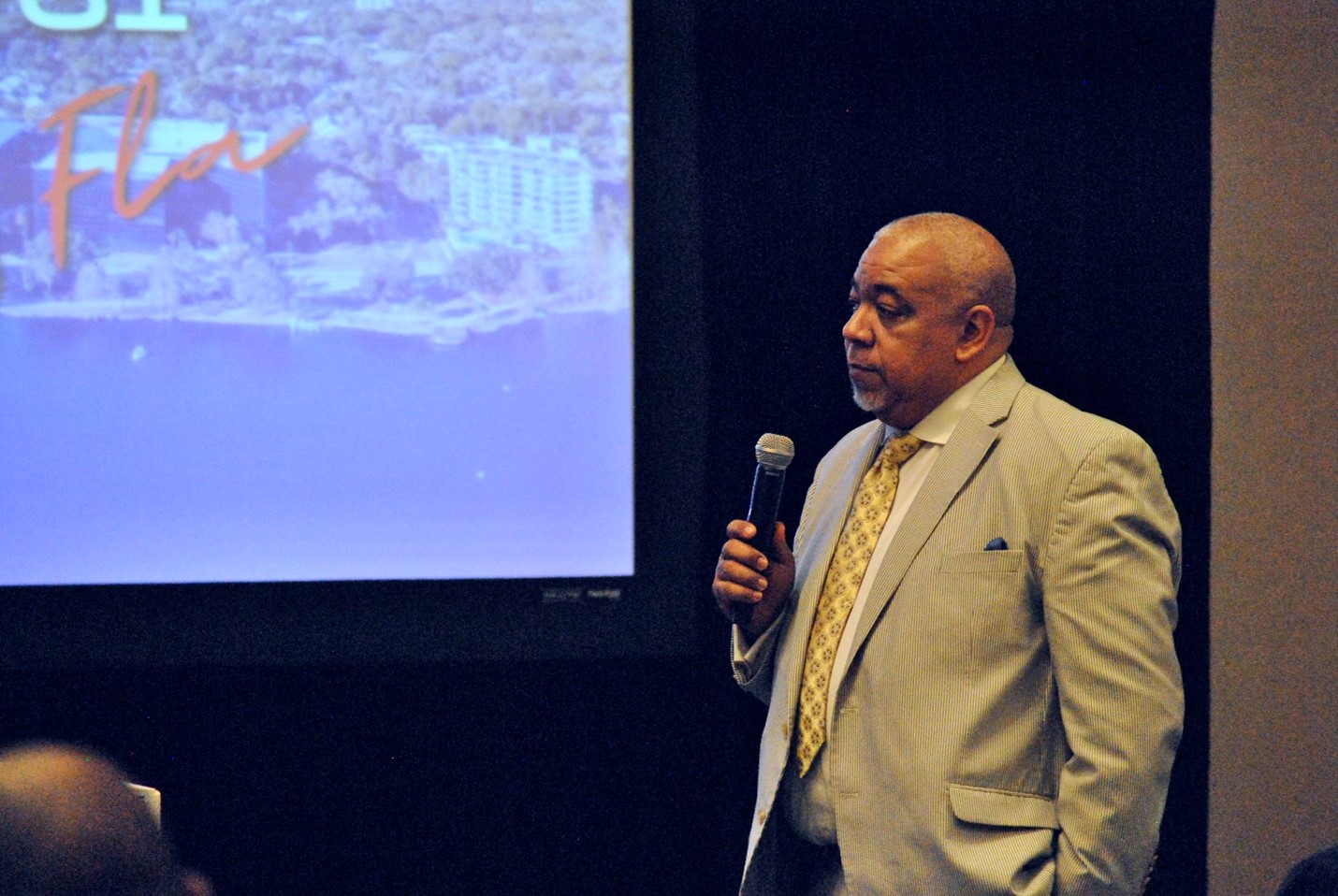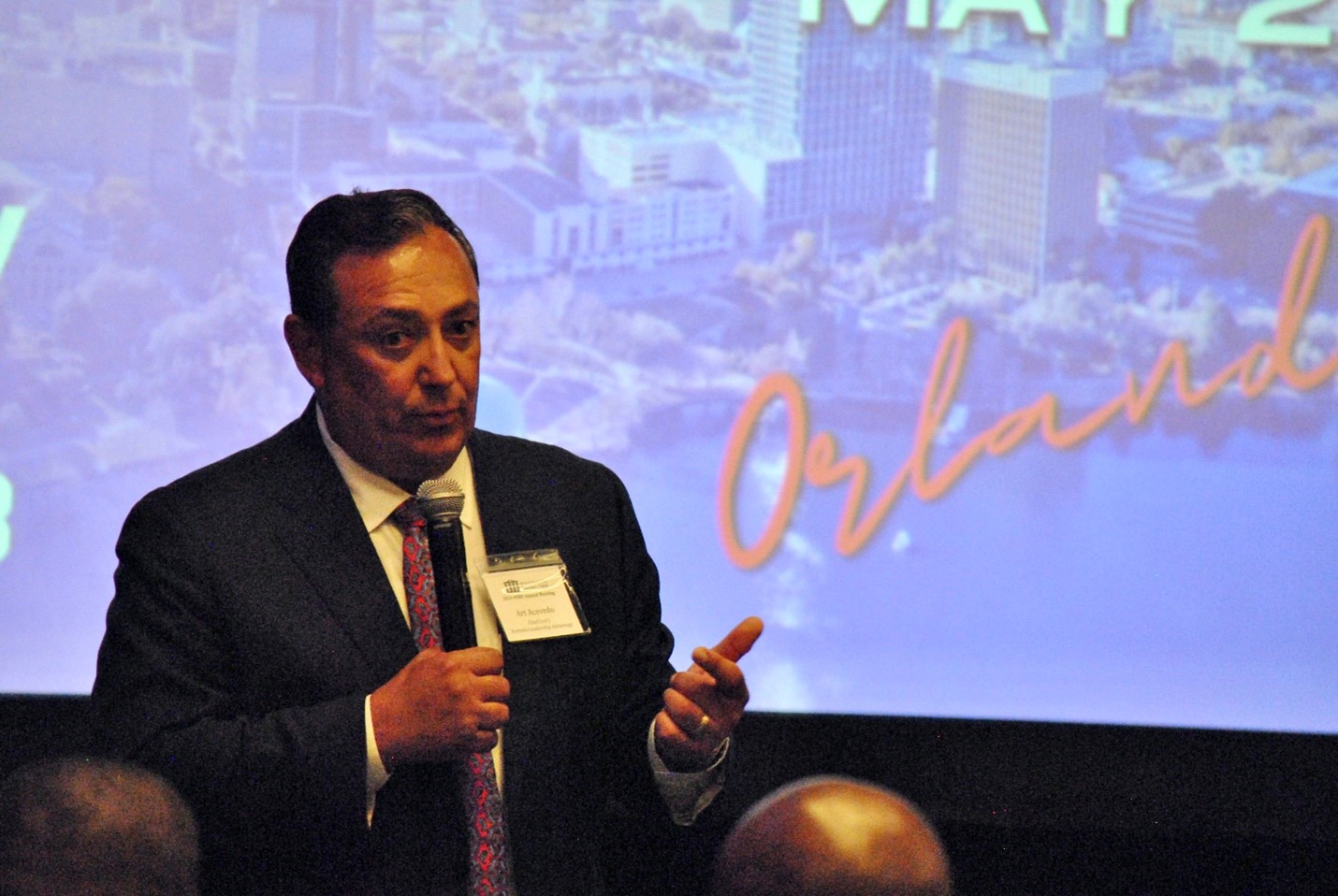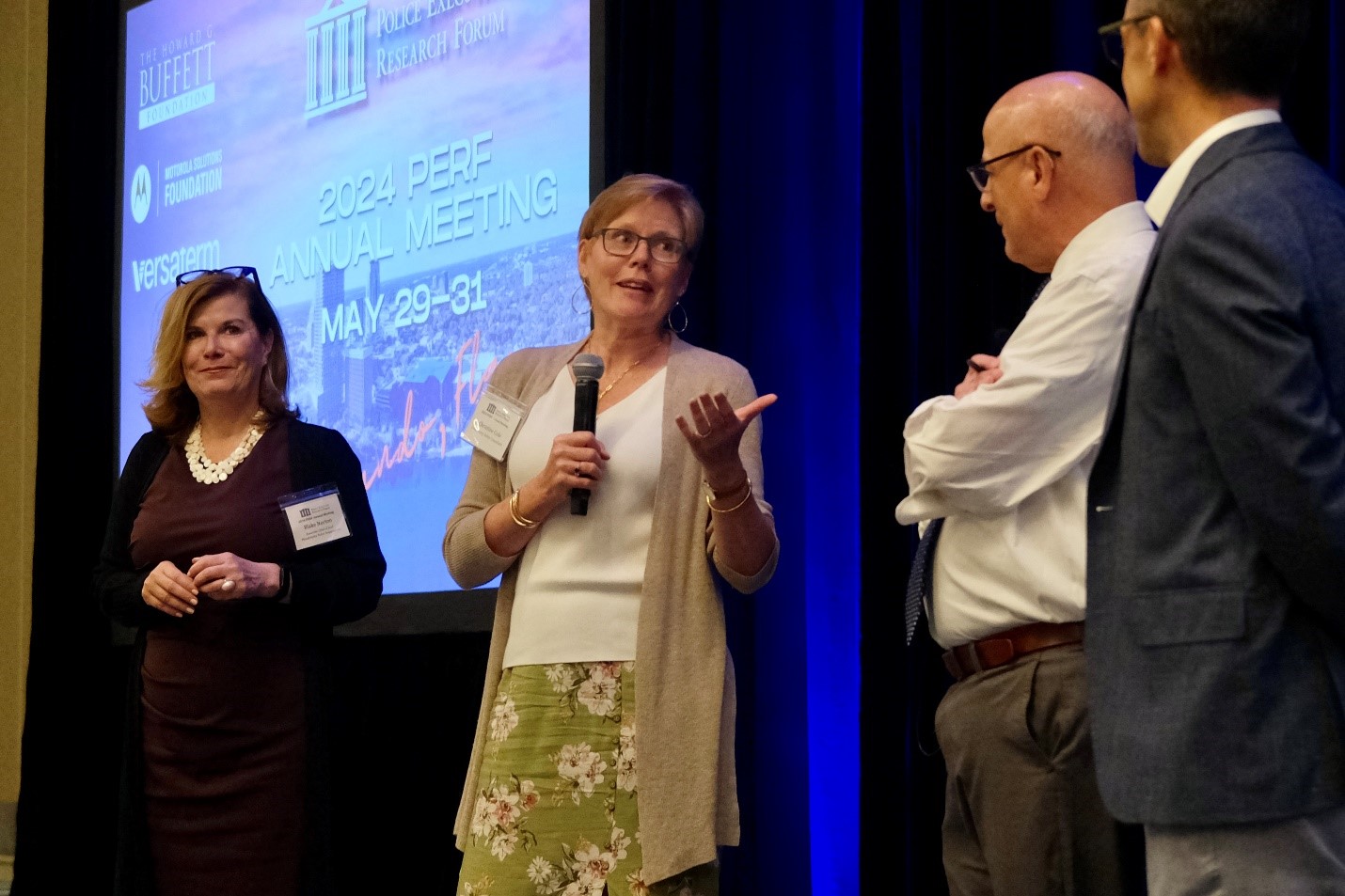|
June 8, 2024 The staffing crisis has agencies taking another look at civilianization
PERF members, Departments across the country continue to try to address current – and prolonged – staffing constraints. In last week’s column, I discussed some of the approaches agencies are taking to mitigate these challenges. This week, I’ll focus on a specific approach: civilianization. Civilianization is not a new concept. But as departments face the reality that for many it will take years to reach prior sworn staffing levels, many agencies are taking another look at opportunities to make better use of their non-sworn staff. As I’ve previously mentioned, I prefer the term “professional staff” to “civilians” because it emphasizes the vital role professional staff play in police departments. But “civilianization” is the term commonly used to discuss using non-sworn personnel for tasks that were previously done by sworn personnel, so I will stick with it in this column. This summer, PERF will publish a civilianization report, and at the Annual Meeting we heard from some agencies highlighted in that report. Martin Bartness, who is leading this project for PERF, shared some of the reasons police leaders say civilianization benefits their agencies:
After Martin presented, some of the Annual Meeting attendees shared their thoughts: Sacramento Chief Kathy Lester If you go back 15 years, when we hit the recession, we ended up having to cut a ton of our professional staff because we needed utility players. We had to put cops in positions that typically would have been filled by professional staff. But we’re finding that professional staff can do a better job in a lot of positions than sworn staff. And you have continuity and professionalism. You have people who know the job, and they’re not going anywhere. If I didn’t have my finance director, we’d be bankrupt, and it’s because she’s been doing it for ten years.
Chief Lester I also think there’s an equity issue. Right now, 30 percent of our agency are professional staff. We’re currently looking at adding a deputy chief-level position that would be non-sworn, but right now our professional staff do not have a career pipeline past about the equivalent of a captain. It’s hard to recruit professional staff in some areas. But we are finding that there are some professional staff who have a calling to be a part of what we’re doing, and I think that really can draw people in. Charlotte-Mecklenburg Chief Johnny Jennings In the past, anytime someone in a civilianized leadership position got something wrong, our answer would be to put a sworn command staff member there. So just about every civilian role had a lieutenant, captain, or major overseeing that position, and we were basically stagnating the growth of those civilian positions. So, we started developing tiers, particularly in our communications center. Before, you’re either a dispatcher, a 911 operator, or you’re a supervisor. Now we have new leadership positions to make a little more growth available within those divisions that have non-sworn positions.
Chief Jennings Philadelphia Commissioner Kevin Bethel I stopped calling my folks “civilians” and started calling them “non-sworn professional staff.” I did some listening sessions with these folks, and they feel just as devalued and demoralized as the cops. They bring up issues like their pay scale and residency requirements. My homicide unit cannot keep up with the victims’ families. So, when I say I want to hire victim advocates to work with the homicide unit and be a bridge between the investigators and victims’ families, my homicide unit is relieved. And I’m hiring civilians to be community liaisons, who are not doing the same work crime-prevention officers are doing. So, these people are all coming into the department to enhance the work of the men and women in the field, not trying to replicate that work.
Commissioner Bethel Former Baltimore Commissioner Michael Harrison In Baltimore, I called it “civilianization and professionalization.” We wanted to reduce the burden on the officers and create more time for officers to do the policing duties they were hired to do. But some of these officers would retire instead of going from these newly civilianized positions back into the field, so I stressed to my councilmembers that I was professionalizing the agency. We put it into our comprehensive crime plan to show that this is how we could get better as an agency. When I left Baltimore in August, I was hiring professionals to work as internal affairs investigators, recruit background investigators, and investigators handling misdemeanor crimes in districts. The positions require applicants to have investigative experience, either in a police department or somewhere else, so most are retired police officers from Baltimore or other jurisdictions.
Former Commissioner Harrison Art Acevedo, former police chief in Austin, Houston, Miami, and Aurora, CO I wanted to do more civilianizing in Austin years ago, but politicians would rather say “We added 20 cops” than “We added 20 civilians.” So, I could never get that done. In Aurora, I started civilianizing with my chief of staff and crime analysts. Then we added civilian crash investigators, and now those crash investigators are going to be cross-trained to investigate lower-level property crimes. You have to make sure you’re compensating these folks well. For positions dealing with cybercrime, if you don’t have the right wages, you end up basically training people for the private sector.
Former Chief Acevedo Thanks to everyone who participated in this conversation. We also heard from Christine Cole, Blake Norton, and Chris Fisher, all of whom worked as senior professionals in police departments – Christine in Lowell and Springfield, Massachusetts, Blake in Boston and Philadelphia, and Chris in New York and Seattle. All said they brought a different perspective to an environment that can often be insular and pushed the command staff to think differently. They experienced some pushback, but they came to be accepted, valued, and respected.
Blake Norton, Christine Cole, and Chris Fisher share their insights on civilianization in staffing I remember my own experience as a member of the professional staff in the Boston Police Department, where professionals like Bob Wasserman, Gary Hayes, and Mike Gardner had already shown that non-sworn personnel could help develop innovations that would improve the service provided by the department’s sworn personnel. For example, those three used their professional expertise to significantly change the department’s promotional exam, which had historically been limited to legal statutes, to include additional management concepts that were important for supervising officers, such as problem solving, personnel management, and communication skills. This dramatic change identified the first-line supervisors who went on to fill the department’s leadership ranks in the decades that followed. These three professionals faced resistance from some of the “old guard,” but they enabled the department’s future leaders to progress in their careers. Look for our report on civilianization in the coming months and have a wonderful weekend! Best, Chuck |

